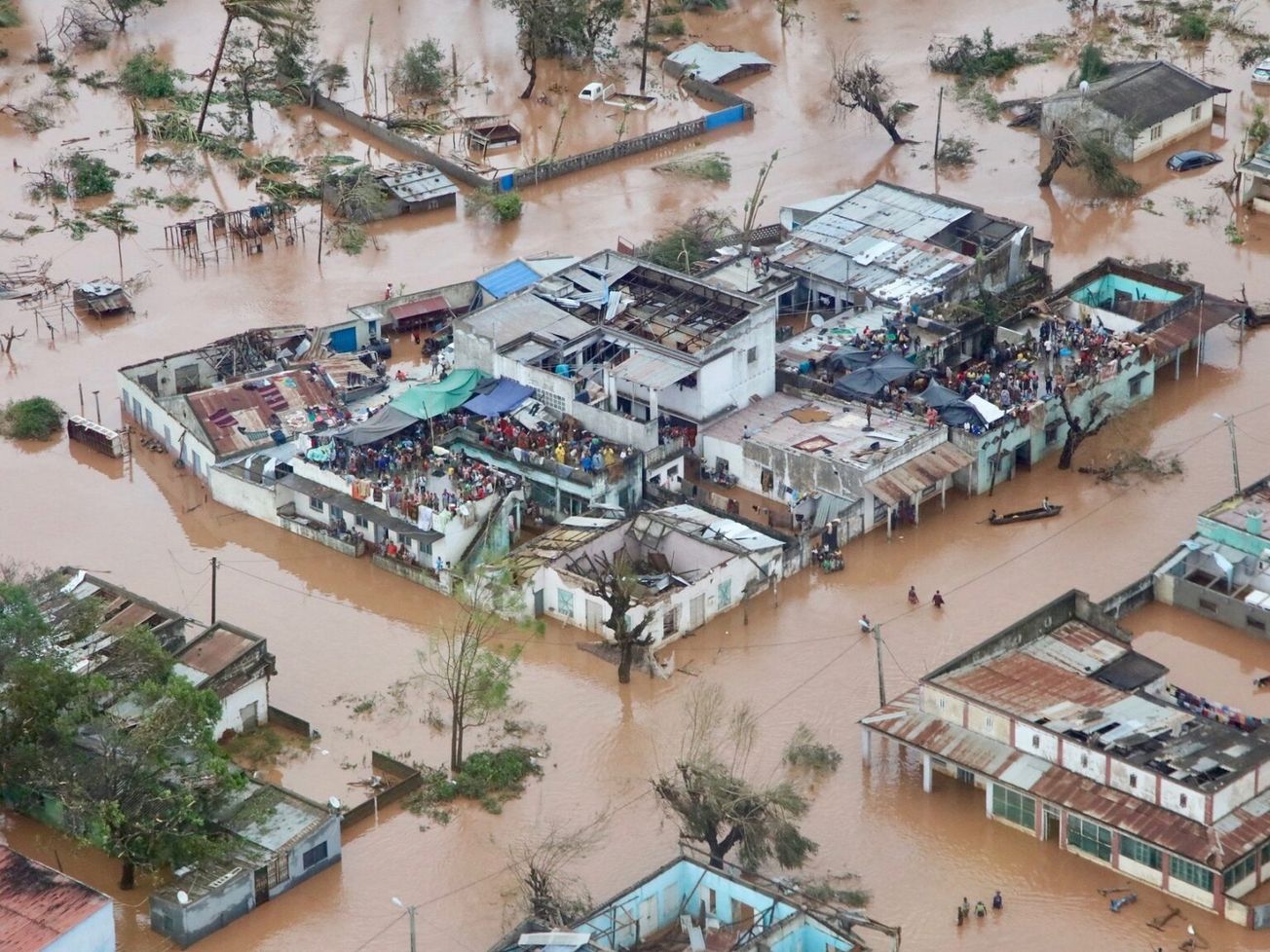GENEVA (AN) — None of the 20 nations most vulnerable to climate change were among the top recipients of aid to adapt to more flooding, drought and other risks from global warming, according to a new Red Cross report on Tuesday.
Some 43 highly vulnerable countries received less than US$1 per person in climate adaptation funding, the International Federation of Red Cross and Red Crescent Societies, or IFRC, said in its 378-page World Disasters Report 2020. The most vulnerable, Somalia, ranked 71st in terms of per-capita money received. Two countries — Central African Republic and North Korea — received no such disbursements at all.







